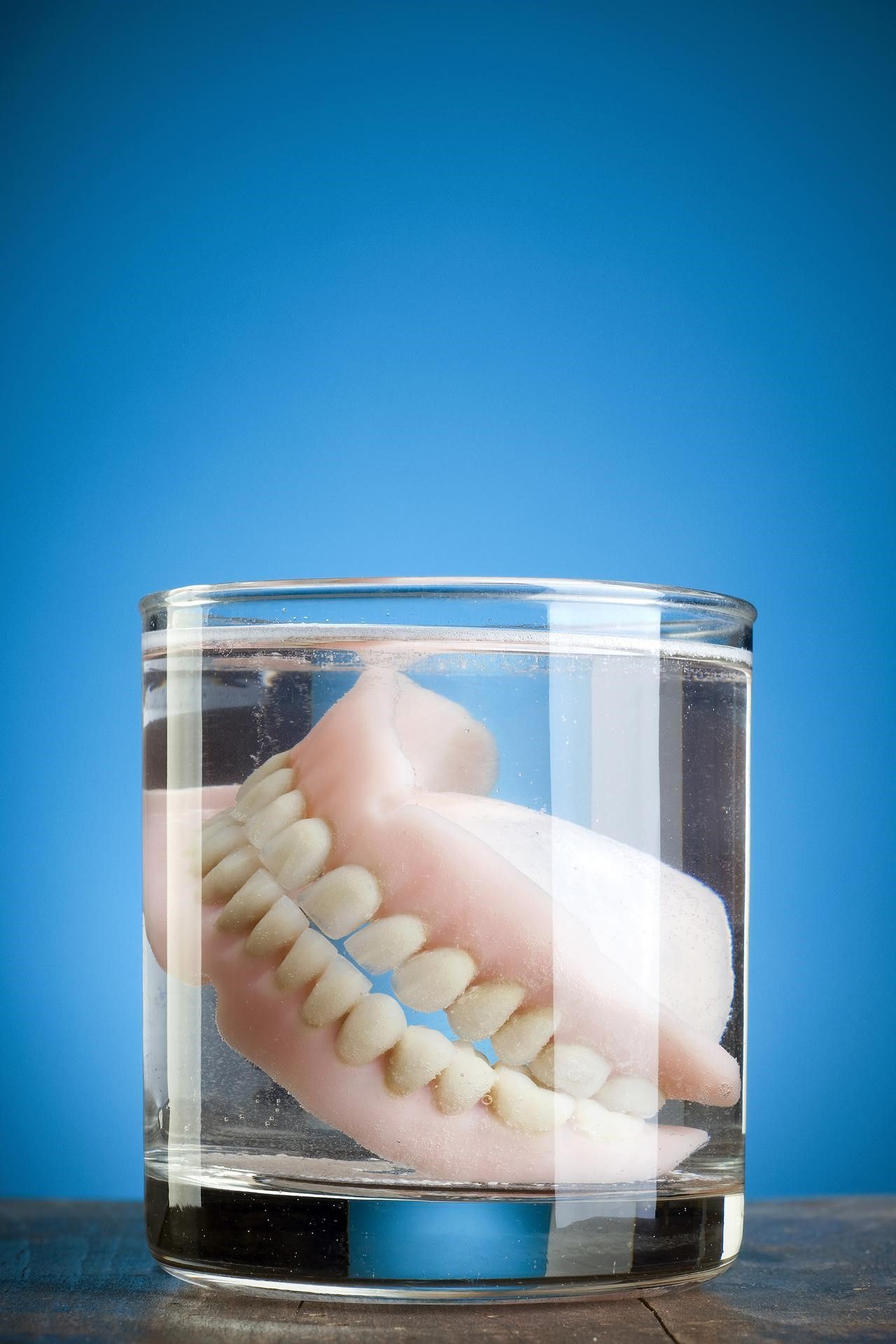6 Dental Issues to Correct Before Porcelain Veneers
Porcelain veneers can correct a range of dental issues while improving your smile. But there are some dental conditions that veneers can't correct, such as gum disease. And some dental issues can pose a problem for porcelain veneers. As a result, you should book a dental checkup before you commit to veneers.
If you have any of the following dental issues, you'll need to treat them before you get porcelain veneers.
1. Gum Disease
If you have either mild gum disease (gingivitis) or the more severe version of gum disease (periodontal disease), get treatment before you get veneers. For mild gum disease, your dentist can prescribe some antibiotics or antibacterial toothpaste. Moderate to severe gum disease will require a deep cleaning to remove tartar.
If you place porcelain veneers before you treat gum disease, the veneers may impede gum disease treatment in the future.
2. Poor Oral Hygiene
Healthy, strong teeth work well with porcelain veneers. But if you don't brush and floss your teeth as often as you should, your teeth will deteriorate. Tooth decay, tartar, and gum disease can all result from poor oral hygiene. All of these conditions can weaken porcelain veneers, shortening their lifespan.
If your oral health routine is lacking, then make improvements before you get porcelain veneers.
3. Dental Decay
Porcelain veneers bond to healthy tooth enamel. They won't form a consistent bond with teeth that have cavities, and tooth decay could progress under a porcelain veneer if not treated. Therefore, if you have cavities on the teeth you wish to place porcelain veneers on, have those cavities treated first. As long as the fillings are small, they won't affect the bond of your porcelain veneers.
4. Bruxism
Bruxism or nocturnal grinding damages natural teeth and gums over time. And although porcelain veneers are very hard, they won't withstand the forces of bruxism for very long. If you invest in porcelain veneers before you treat your bruxism, you could be wasting your money. You first need to find out why you grind your teeth at night. Then you can seek appropriate treatment.
If, for instance, you grind your teeth because they are crooked, you might need to undergo orthodontic treatment to correct that issue first. And if stress is the cause, you'll need to treat your stress before you place your veneers.
You can also ask your dentist to make a night guard that you can wear overnight to protect your porcelain veneers.
5. A Crossbite
If you have either an anterior crossbite or a posterior crossbite, this will interfere with your porcelain veneers. Unless you treat your crossbite first, you could damage your porcelain veneers and shorten their lifespan. To treat your crossbite, you'll need to undergo orthodontic treatment to move your teeth into correct alignment. Once you complete this treatment, you can have your veneers placed.
6. Crowded Teeth
For mild cases of crowding, porcelain veneers are a suitable approach to improving your smile. You will still have plenty of tooth surface to work with. But if your teeth are severely crowded, then porcelain veneers won't be possible.
To place porcelain veneers, the dentist needs to remove some enamel to make room for the veneer. But if the teeth in question are badly crowded, there won't be enough available tooth surface for the veneers to adhere to. And it's always a better idea to remove enamel from the frontal surface of a tooth, not the side.
If your teeth are badly crowded, straighten them with orthodontic treatment before you commit to porcelain veneers. This will ensure that your veneers last as long as they should.
Are you thinking of improving your smile with porcelain veneers? Then call Eastland Dental Center & Professional Dental Center today to book a consultation with us. With our help, porcelain veneers can transform your smile in just two weeks.









